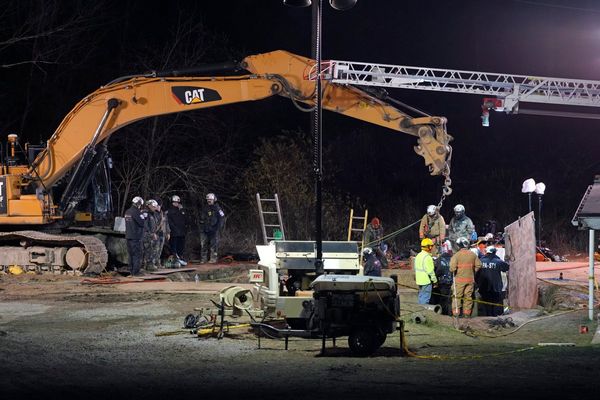
One of Cisco’s former employees is giving the technology behemoth a run for its money. It’s been a successful run: She has become a billionaire in doing so.
A decade ago, Cisco star executive Jayshree Ullal jumped ship to a no-name rival, Arista Networks, and began nabbing business from big-name customers like Microsoft and Facebook. She has continued to chip away at the incumbent’s market share and now sits atop a fast-growing cloud networking company whose valuation has swelled to $19 billion, up from $2.75 billion when she took it public in 2014.
That makes her worth an estimated $1.3 billion thanks to her stake in Arista, whose stock has soared more than 130% in the past year. She is now among just 72 self-made women billionaires on the planet through her 5% stake in the company, some of which is earmarked for her two children, niece and nephew.
Also on Forbes:
Ullal, 56, was raised in India and came to the U.S. when her physicist father got a new job. She earned her bachelor’s degree in electrical engineering at San Francisco State University and a master’s in engineering management from Santa Clara University. She began working at Cisco in 1993 after it acquired the communications company where she was employed. She quickly rose through the ranks and was ultimately put in charge of Cisco’s switching business, a cash cow that brought in a third of the company’s revenue by helping businesses link their computers, printers and servers to the same network.
In 2008, Ullal left Cisco to become president and CEO of Arista Networks. She helped turn the tiny startup into a growing force in computer networking, with revenue rising 45% to $1.6 billion in 2017. Its largest customer is Microsoft, which accounted for 16% of the company’s sales last year.
Ullal has spoken of the danger of becoming complacent on the heels of success. She wrote in a November blog post that start-up founders are judged to be winners by their net worth but can quickly “go from hero to zero, unable to live up to the hype.” Ullal, through a spokesperson, declined a request for interview.
Ullal joins two of Arista Network’s cofounders, David Cheriton and Andreas von Bechtolsheim, in becoming a billionaire. The two men, who made their fortunes as early investors in Google, are worth $6.3 billion and $6.8 billion, respectively. While Cheriton has left Arista, he still owns almost 10% of the company through his family trust. Bechtolsheim remains chief development officer and owns a nearly 20% stake. The third cofounder, Ken Duda, currently serves as chief technology officer but owns less than 5%.
Arista’s rapid ascent has been marred by a nasty legal fight with Cisco. In 2014, then-CEO John Chambers filed a rare lawsuit, claiming that Arista stole its patents and that Cisco was taking measures to protect its innovation. The battle continues to this day. “Our goal from the beginning has been to stop Arista from the continued intentional and pervasive infringement of our IP,” Cisco spokesperson Robyn Blum said in an email.
Arista has fought back and said that Cisco is only coming after them because it feels threatened and can’t compete on its own merits. Arista maintains that many of Cisco’s legal claims relate to standard features and that it has promulgated misleading information in an effort to cast itself as the victim.
“Despite Cisco’s overheated rhetoric and promises to shut Arista down, we are still standing tall,” the company said in a recent statement, in which it updated investors on the legal proceedings.
The companies continue to go head to head in the fiercely competitive ethernet switching market. Arista has gone from zero to 5.6% of market share in the last five years, while Cisco’s share has slipped from 62.5% to 53% during the same time frame, according to the International Data Corporation.








